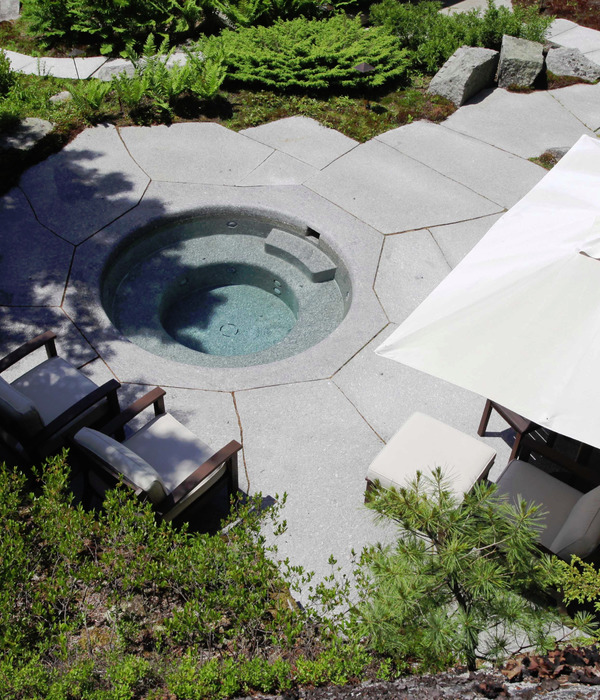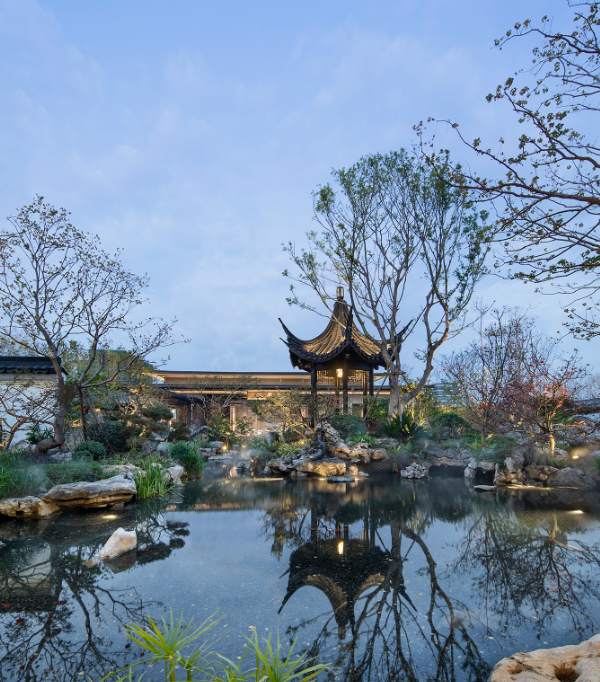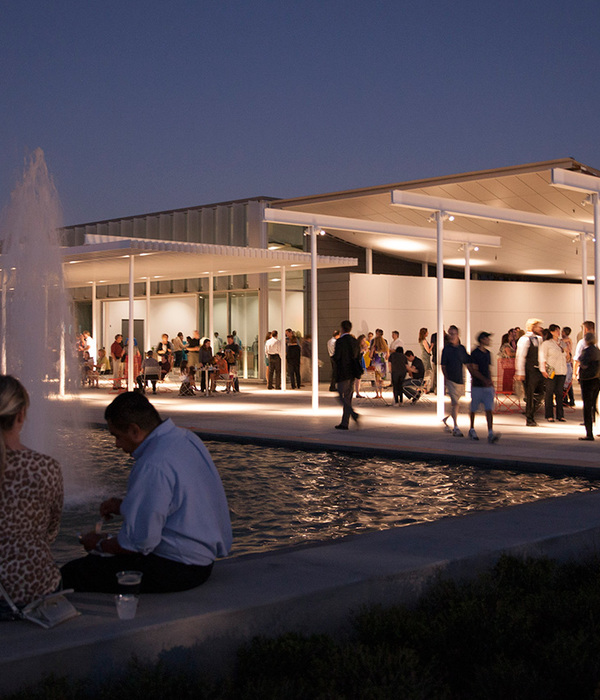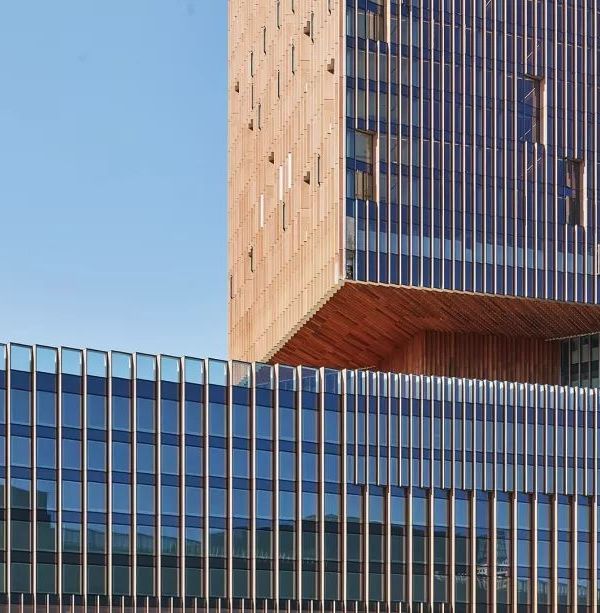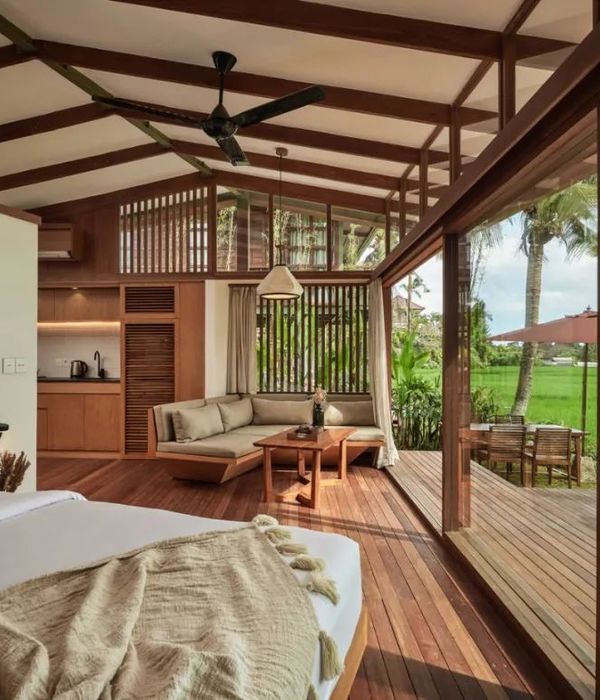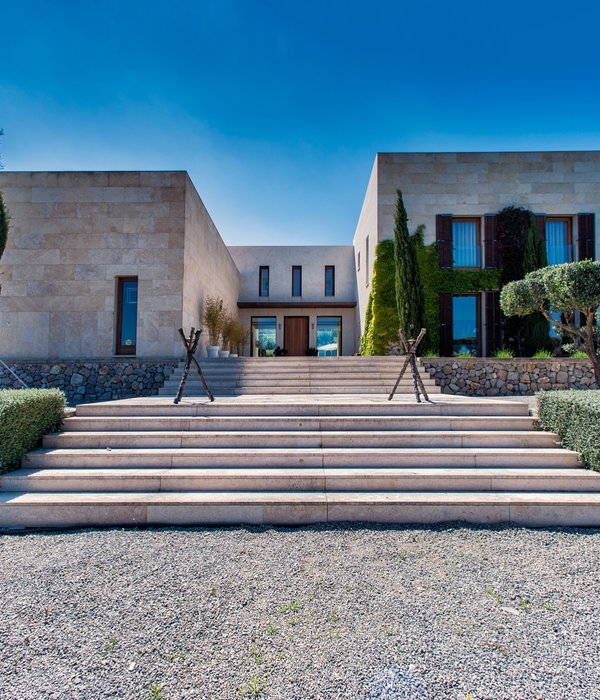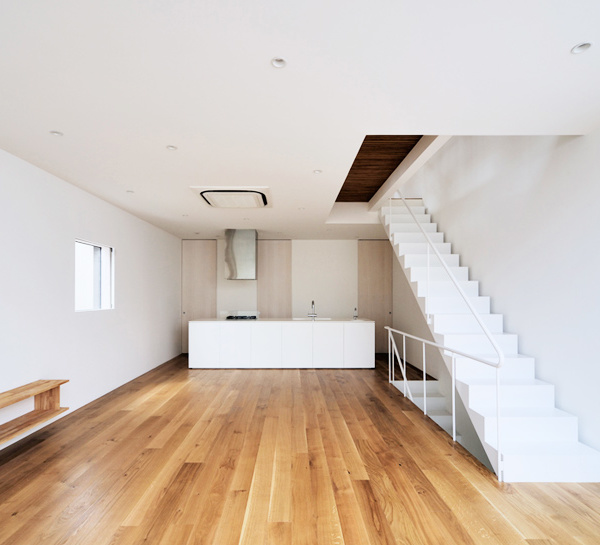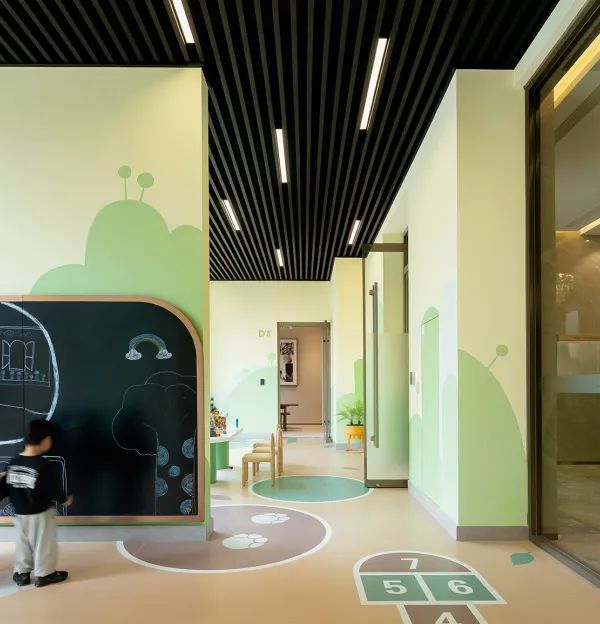Firm: Larson & Darby Group
Type: Commercial › Office Industrial › Laboratory Research Facility
YEAR: 2011
SIZE: 25,000 sqft - 100,000 sqft
BUDGET: $50M - 100M
As the largest independent designer, manufacturer, and service provider of aircraft engine energy control solutions in the world, Woodward had a problem. An increased demand for their products by the aircraft industry was severely taxing their current systems test facilities. In addition, these facilities were also outgrowing the confines of their 50-year-old building. Challenged with an immediate need and a limited construction budget, Woodward also desired this to be a cutting-edge facility that was capable of addressing current technology needs and also capable of easily adapting to whatever future technology may bring. They also wanted a comfortable environment that reaffirmed to visiting customers from across the globe Woodward’s leadership in the industry it literally invented over a century ago.
Woodward chose to continue its nearly 50 year relationship with Larson and Darby Group to provide it with a state-of-the-art facility that will help take this company and its products into the next century and beyond.
As one of only a handful of facilities of this type in the nation, the 43,000 SF Systems Test Facility provides 12 hi-tech blast resistant test cells, a vibration lab, and both thermal and pressure testing areas to test fuel control systems under simulated flight conditions. A fuel supply farm, large fabrication area, assembly lab, office, and conference areas support the test cell complex. Circulation is structured to allow Woodward employees and visiting clients easy access to appropriate areas of the facility.
Coordination was critical to achieve the smooth construction and operation of this complex facility, The design team worked closely with Woodward and the design/build contractor Ringland Johnson to coordinate the over 15 miles of process piping and conduit as well as the over 57 miles of wiring utilized in this project. In addition, the design of the facility also included a sophisticated cryogenic and water cooling utilized by the test cells, as well as the 3.1 megawatt electrical service to the building.
{{item.text_origin}}


